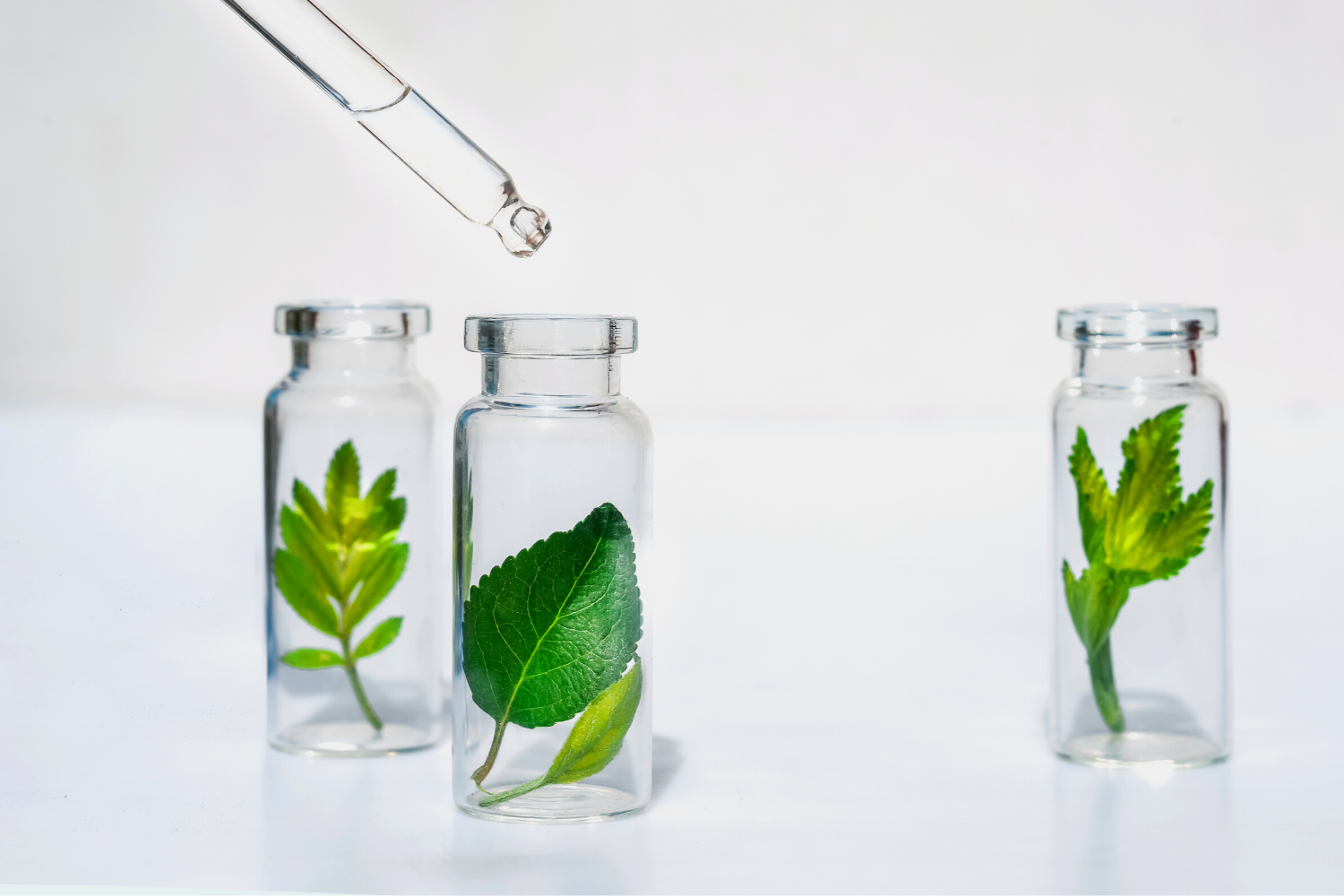If you struggle with dry, dull, brittle hair then chances are you haven’t added a nourishing oil to your hair care routine. Applying effective oils to your hair can help restore your hairs moisture and leave your strands soft and shiny. However, the right oil is important and so is doing some research on its effectiveness. One recently trendy and popular ingredient that has taken the hair care world by storm is moringa oil. Moringa oil is starting to be incorporated in many hair care formulas because of its diverse array of benefits. So, what is moringa oil? Moringa oil comes from the seeds of the moringa oleifera tree that is native to India, Bangladesh and Afghanistan. The tree is extremely nourishing as it contains 90 nutrients and 46 antioxidants. The seeds undergo a cold-pressing process that allow them to become an oil that can be used in various products. Now that you know where moringa seed oil comes from, why should you use it on your hair?
1. Moisturizes from your scalp. One way that moringa oil is set apart from the other oils used in hair care is its ability to deliver moisture directly to the scalp. Doing so creates a “hydration from within” effect by effectively nourishing your head of hair directly from the source, your scalp. Due to this moringa oil has a versatile delivery method. You may apply moringa oil to wet or damp hair and scalp and it will still deliver the nutrients throughout rather than just applying an oil to the dry exterior of the strands.
2. Strengthens strands. The nutrients in moringa oil like zinc and keratin, boost the strength of your hair and restores dry, damaged strands. Zinc is a vital nutrient in maintaining a healthy head of hair whereas keratin boosts hair production and even works to prevent breakage. According to a published 2016 journal that looked at the promising features of moringa oil, the ingredient is rich in fatty acids that work to improve the hairs texture and shine. The protein make-up of moringa oil has also been shown to help protect your strands from environmental aggressors like UV rays, humidity and air pollution that can otherwise dry and damage your hair.
3. Stimulates hair growth. Moringa oil can give you the appearance of a fuller, thicker head of hair because some studies have shown the zinc it contains may help stimulate the hair growth cycle. A 2009 study looked at those with low zinc levels and how it impacted their hair growth and hair loss. It demonstrated that healthy levels of zinc could help hair follicles recover faster and even restore the hair growth cycle. The zinc in moringa oil also promotes keratin production which is really important because keratin makes up 90% of your hair strands.
4. Helps color retention. Some hair oils have a tint that can affect your hair color, but not moringa oil. Moringa oil is clear so it does not tint your hair in anyway. A 2016 published journal also demonstrated how moringa oil can help protect your hair from free radicals. The vitamins C and E contained in moringa oil, protect your color from fading whether you have colored hair or not. Environmental stressors like the sun, water and air pollution can all affect your hair color and no one wants their blonde to turn orange! Applying moringa oil can help create a protective film on your hair and preserve your rich color.
How can you use moringa oil in your hair care routine?
Moringa oil is best used topically so that you can fully receive all its nutrients directly to your scalp and hair. Gently massaging the oil onto your scalp works great to stimulate your strands and efficiently deliver all the nutrients like zinc and keratin. Finding a hair oil that combines moringa oil with other beneficial oils is the key! Fyab Health’s new line of Hair Vitality Hair Oils all combine moringa, jojoba seed and argan oil to reveal thicker, softer, more vibrant strands. The hair oils come in 3 scents for women; peony, acai berry and lavender. They also come in a musky scent for men and a beard oil to promote softer, fuller facial hair. They are the luxurious oil you need in your skin care routine!
Sources:
Park, H., Kim, C. W., Kim, S. S., & Park, C. W. (2009). The therapeutic effect and the
changed serum zinc level after zinc supplementation in alopecia areata patients who had a low serum zinc level. Annals of dermatology, 21(2), 142–146. https://doi.org/10.5021/ad.2009.21.2.142 —READ NOW
Kil, M. S., Kim, C. W., & Kim, S. S. (2013). Analysis of serum zinc and copper
concentrations in hair loss. Annals of dermatology, 25(4), 405–409. https://doi.org/10.5021/ad.2013.25.4.405 —READ NOW
Trüeb R. M. (2009). Oxidative stress in ageing of hair. International journal of
trichology, 1(1), 6–14. https://doi.org/10.4103/0974-7753.51923 —READ NOW
Nadeem, M., & Imran, M. (2016). Promising features of Moringa oleifera oil: recent
updates and perspectives. Lipids in health and disease, 15(1), 212. https://doi.org/10.1186/s12944-016-0379-0 —READ NOW


No responses yet